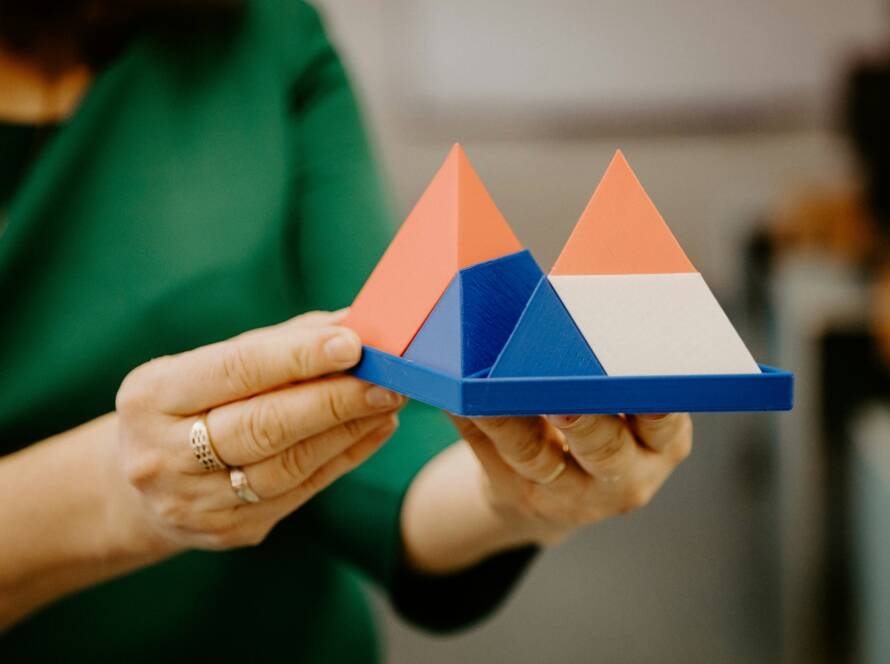Rethinking Grading Systems to Include Compassion, Collaboration, and Personal Growth
In every child walks a world waiting to be discovered — a unique rhythm of thought, emotion, aspiration, and inner light. Yet, in most classrooms today, we reduce this vast inner landscape to a two-digit score or a letter grade. We evaluate precision, speed, and correctness, but often leave unseen the very qualities that define true learning — empathy, resilience, humility, and purpose.
As we stand at the cusp of a new educational era, we must ask: Are we assessing what truly matters?
The need to rethink assessment is no longer a philosophical indulgence — it is an ethical necessity. Because the world our children are stepping into demands far more than academic excellence. It demands courage of conviction, compassion in action, and clarity of self.
Beyond Marks: The Soul of True Learning
Grades may open doors, but they do not reveal a learner’s journey. They do not capture how a child overcame self-doubt, supported a peer, asked a courageous question, or chose integrity over conformity. Traditional assessments, focused on content recall and standardised benchmarks, often flatten the multidimensionality of a learner into measurable units.
But education is not a race to the top — it is a journey inward.
This is where value-based assessment finds its voice. It shifts the lens from merely what is learned to how it is embodied. It urges us to look beyond outcomes and into the process — to see growth not just in knowledge gained, but in character cultivated.


The Promise of NEP 2020
India’s National Education Policy 2020 envisions a paradigm shift — one that values holistic development, experiential learning, and competency-based assessment. It recognises that true education must nourish the intellect, yes — but also the heart and the spirit. This vision is not new. It is a remembering.
Echoes from Our Civilizational Wisdom
In the educational traditions of ancient Bharat, learning was never separate from living. Assessment was not a system of judgment but a path of inner refinement. A student was not ‘tested’ at the end of a lesson, but observed across the arc of their being — their attentiveness (shraddha), their questions (vicāra), their discipline (niyama), and their humility (vinaya).
A true shishya was not one who repeated perfectly, but one who reflected deeply and lived meaningfully. A guru, in turn, was not an examiner, but a guide — a mirror to the learner’s evolving self.
We are not called to recreate the form of that past, but to carry forward its essence: that assessment must reveal the fullness of a learner, not the fraction of their recall.
Reimagining Assessment in Today’s Classrooms
So how do we bring this vision to life in contemporary education?
-
Self-Reflection Tools: Journals, checklists, and guided prompts that invite learners to reflect on their behaviour, choices, and emotional responses.
-
Peer Feedback: Structured, respectful systems where students learn to give and receive insights that foster mutual growth.
-
Process-Oriented Rubrics: Assessment tools that value not just the final product but the journey — effort, collaboration, creativity, and ethical choices.
-
Narrative Evaluations: Teacher-written feedback that honours the uniqueness of each learner’s progress, over and above numerical scores.
-
Community Impact Projects: Real-world initiatives where students apply their learning to serve a greater good — then reflect on how it shaped them.
These approaches do not dilute academic rigour — they deepen it. They align assessment with real-world readiness, not just exam readiness.
The Educator as Assessor of the Human Spirit
To adopt value-based assessment is to believe in the full humanity of the learner. It is to see them not as future professionals, but as evolving beings with gifts, challenges, and sacred potential. It is also to redefine the role of the teacher — not merely as a dispenser of grades, but as a cultivator of samskāras.
Such educators observe not just handwriting, but heart-writing — the ways in which a learner shapes their character and responds to life.
From Classrooms to Nationhood
Education, in its truest form, is a sacred trust — not just between teacher and student, but between society and its future. If we assess only what is easy to measure, we will miss what is essential to nurture. What if we began to ask:
-
How did this child respond to failure?
-
How did they include someone who felt left out?
-
Did they grow in humility, courage, or respect this term?
-
Did they stand up for what was right, even if it wasn’t easy?
A classroom that values these questions will raise not just scholars, but citizens. Not just achievers, but changemakers.
It will raise humans who remember their humanity.
A Call to All Who Shape Young Minds
To every educator, parent, school leader, and policymaker — the invitation is clear:
Let us not raise children who are only programmed to win.
Let us raise children who are prepared to wonder, serve, endure, and lead with grace.
Let our assessments speak to the whole child — mind, body, heart, and soul. Let us create learning environments where growth is not just measured, but honoured.
Because when we begin to assess with values in mind, we do more than reshape the classroom.
We reshape the future.



